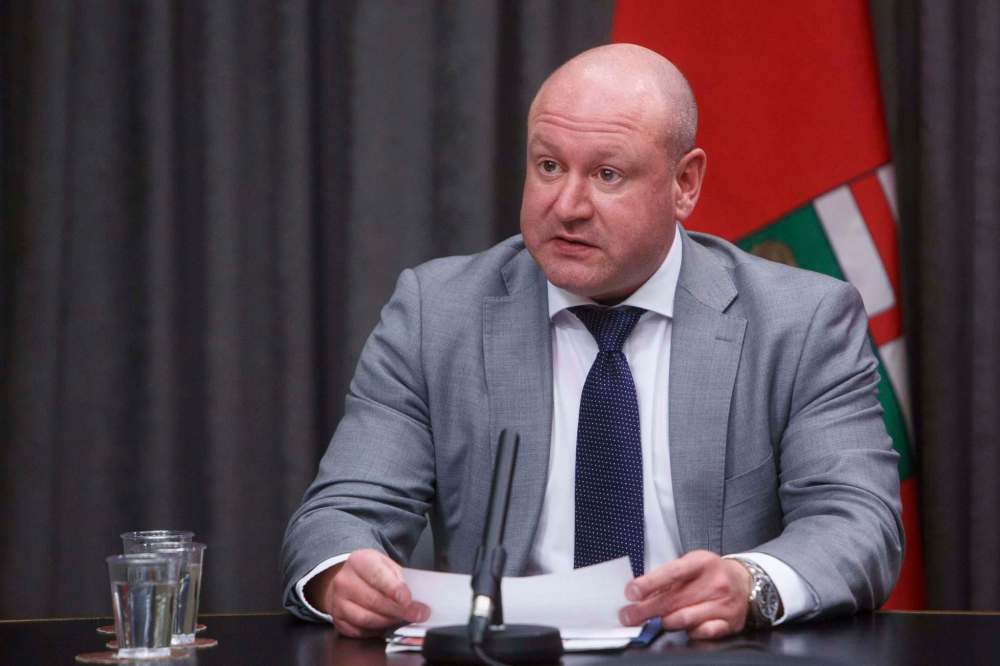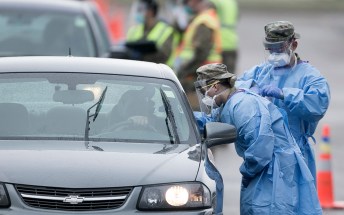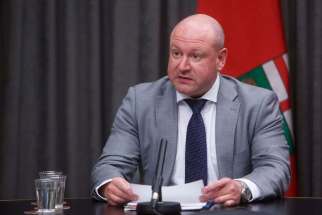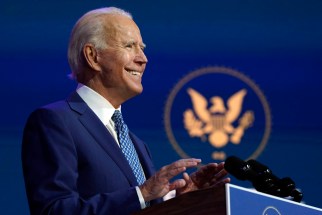Public-health decisions require government oversight Manitoba legislation ensures elected officials consider consequences of medical advice
Read this article for free:
or
Already have an account? Log in here »
To continue reading, please subscribe:
Monthly Digital Subscription
$1 per week for 24 weeks*
- Enjoy unlimited reading on winnipegfreepress.com
- Read the E-Edition, our digital replica newspaper
- Access News Break, our award-winning app
- Play interactive puzzles
*Billed as $4 plus GST every four weeks. Offer only available to new and qualified returning subscribers. Cancel any time.
Read unlimited articles for free today:
or
Already have an account? Log in here »
Hey there, time traveller!
This article was published 20/11/2020 (1565 days ago), so information in it may no longer be current.
There are valid reasons why chief medical officers in Canada don’t wield absolute power when it comes to public-health issues, even during a pandemic. The argument they should be given greater authority to do so is misguided.
Chief medical officers (or “chief provincial public health officers” in Manitoba) operate under different legislative frameworks between provinces. Some have more statutory powers than others. One thing they do have in common is they rarely act unilaterally. Most provide advice and work in consultation with elected officials. On high-level decisions, they have input, but not the final say.
There are good reasons for that. Public-health orders can have far-reaching effects on society, as the COVID-19 pandemic has made abundantly clear. Decisions to close or curtail the operations of schools, businesses, not-for-profit organizations, child-care centres and municipal services have consequences that fall outside the sphere of public health.
The job of the chief medical officer is to monitor society’s health, promote healthy living and protect people from public-health threats. They understand how diseases spread and what steps can be taken to mitigate transmission. But the measures they propose have to be balanced against unintended consequences, the scope of which usually requires broader consideration.
One thing they (chief medical officers) do have in common is they rarely act unilaterally. Most provide advice and work in consultation with elected officials. On high-level decisions, they have input, but not the final say.
It’s easy to fall into the single-minded trap during a pandemic that stopping the spread of a virus should occur at the expense of everything else. Political platitudes such as “follow the science” are used to create the false dichotomy that a pandemic is a struggle between science and profits or science and jobs. If we just stuck to the science, we’d all be better off, critics charge.
If it were that simple, government could just order a full-scale lockdown (including manufacturing, construction, the trades, schools, offices and all retail except groceries and pharmacies). That would bring the transmission of the virus to a screeching halt in a matter of weeks. It would also cause severe, long-term collateral damage. Once the measures were eased, the virus would resume its relentless path of destruction. That see-saw scenario would play out until an effective vaccine was available.
No one in Canada is taking that route, because the harm would outweigh the benefits. (Quebec came close to it in the spring, only to see cases of COVID-19 explode again after restrictions were loosened).
The science behind slowing the spread of the novel coronavirus is not complicated. It requires people to reduce physical interaction with each other. The tricky part is getting people to follow that advice. The challenge for government is deciding how much coercion to use. In a pandemic of this size, the options available to mobilize the kind of changes required fall well outside the jurisdiction of public-health officials.

That’s why even in provinces such as Alberta and Ontario, where public-health officials have greater legislative authority than those in Manitoba, chief medical officers do not act unilaterally. They provide advice to cabinet, as they do in Manitoba. They deliberate with elected officials, maybe argue sometimes. But at the end of the day, final decisions rest with elected officials, as they should.
There have been calls in some parts of Canada to grant chief medical officers greater authority. In Manitoba, NDP Opposition Leader Wab Kinew introduced a private member’s bill Thursday that would eliminate the need for the minister of health to approve emergency orders under the Public Health Act.
It wouldn’t change much, even if enacted. On high-level decisions, such as issuing sweeping orders during a pandemic, chief public-health officers will always defer to cabinet. They are civil servants, not judges or even independent officers of the legislature. They serve at the pleasure of the Crown.
When elected officials make decisions on public health matters, they’re not “politically interfering,” as some allege. They’re doing the job they were elected to do. The public is free to scrutinize that work and vote for or against them at election time. Until then, duly elected governments have a mandate to govern. That’s true whether or not we’re in a pandemic.
tom.brodbeck@freepress.mb.ca

Tom Brodbeck
Columnist
Tom has been covering Manitoba politics since the early 1990s and joined the Winnipeg Free Press news team in 2019.
Our newsroom depends on a growing audience of readers to power our journalism. If you are not a paid reader, please consider becoming a subscriber.
Our newsroom depends on its audience of readers to power our journalism. Thank you for your support.








